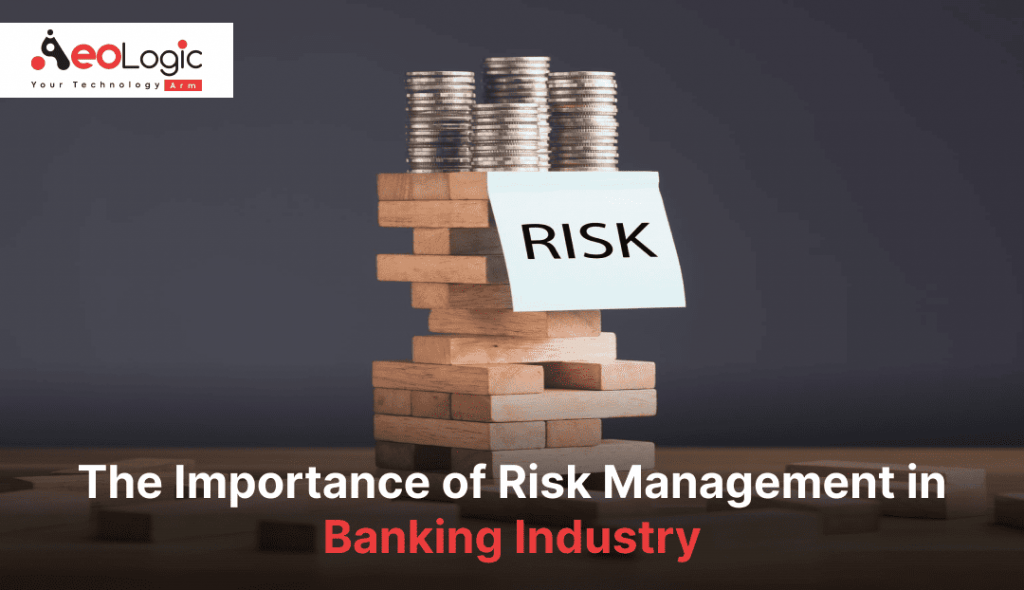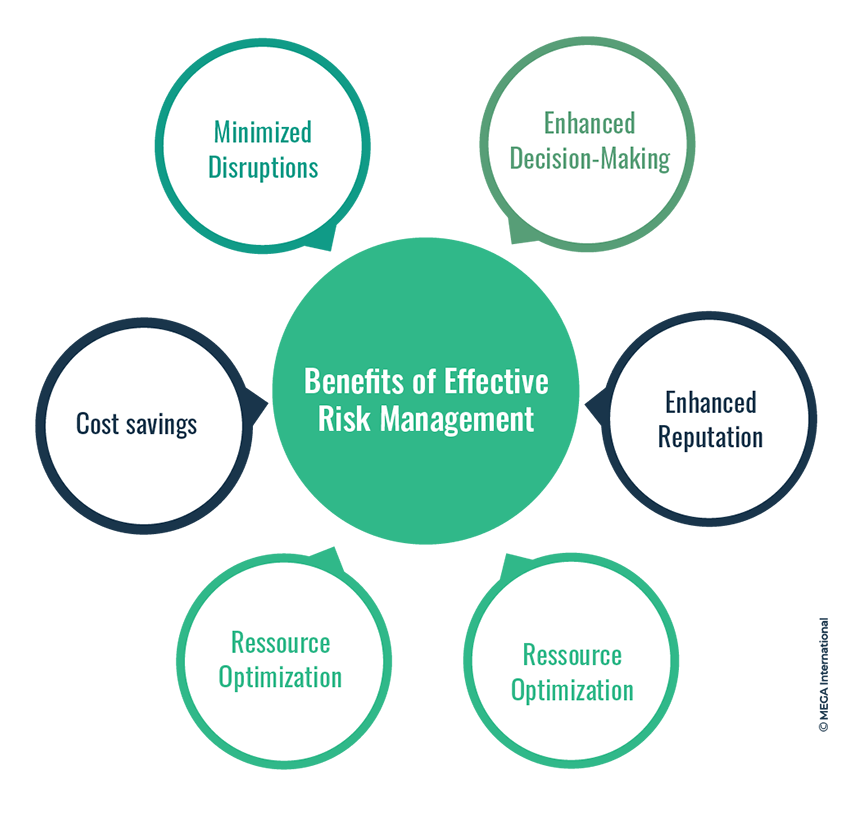A Detailed Guide to Understanding the Importance of Risk Management
A Detailed Guide to Understanding the Importance of Risk Management
Blog Article
Exploring the Importance of Risk Management for Effective Decision-Making Techniques
In the complex world of business, Risk Management arises as a crucial factor in the decision-making process. The ability to identify possible dangers and possibilities, and plan appropriately, can spell the distinction between success and failing.
Comprehending the Concept of Risk Management
Risk Management, an important component in decision-making, is often misconstrued or oversimplified. Typically, it refers to the recognition, examination, and prioritization of threats to lessen, keep track of, and control the probability or effect of unfortunate events. It's not merely regarding protecting against unfavorable results, however additionally regarding acknowledging possible chances. Risk Management includes self-displined and organized techniques, using data and informative analyses. It needs a detailed understanding of the organization's context, objectives, and the possible dangers that could combat them. From monetary uncertainties, legal obligations, calculated Management mistakes, to mishaps and natural calamities, it attends to various threats. Significantly, effective Risk Management is not stationary; it's a constant, forward-looking procedure that develops with changing circumstances.
The Role of Risk Management in Decision-Making Processes
In the realm of tactical planning and service operations, Risk Management plays an integral function in decision-making processes. Risk Management thus becomes an important tool in decision-making, aiding leaders to make informed selections based on a comprehensive understanding of the risks involved. Risk Management serves as a vital part in the decision-making procedures of any kind of organization.

Exactly How Risk Management Enhances Strategic Preparation
In the context of strategic preparation, Risk Management plays a critical function. Starting with the identification of possible dangers, it additionally includes the implementation of Risk mitigation measures. The duty of Risk Management is not fixed however dynamic, as it demands constant surveillance and adjusting of methods.
Determining Prospective Risks

Executing Risk Reduction
Risk reduction methods can vary from Risk avoidance, Risk transfer, to risk decrease. Each method must be tailored to the specific Risk, considering its possible impact and the company's Risk tolerance. Reliable Risk mitigation needs a deep understanding of the Risk landscape and the possible influence of each Risk.
Tracking and Adjusting Approaches
Though Risk mitigation is an important step in tactical preparation, constant surveillance and adjustment of these techniques is similarly vital. It also offers a possibility to assess the success of the Risk Management measures, allowing modifications to be made where needed, more enhancing tactical planning. Surveillance and adjusting Risk Management techniques is a vital element for enhancing a company's durability and critical preparation.
Case Studies: Successful Risk Management and Decision-Making
On the planet of company and why not look here financing, effective Risk Management and decision-making often work as the columns of flourishing enterprises. One such entity is a multinational oil business that alleviated monetary loss by hedging versus fluctuating oil prices. In an additional instance, a technology start-up flourished by determining and approving high-risk, high-reward methods in an unstable market. A worldwide bank, faced with regulative unpredictabilities, efficiently browsed the scenario via aggressive Risk analysis and vibrant decision-making. These situations highlight the worth of astute Risk Management in decision-making procedures. It is not the absence of Risk, yet the Management of it, that commonly differentiates effective firms click site from not successful ones. These cases underscore the essential duty of Risk Management in calculated decision-making. importance of risk management.
Tools and Strategies for Effective Risk Management
Navigating the complex puzzle of Risk Management calls for the best collection of devices and techniques. These tools, such as Risk signs up and heat maps, aid in recognizing and evaluating prospective threats. Techniques consist of both measurable methods, like level of sensitivity evaluation, and qualitative methods, such as SWOT evaluation. These help in focusing on dangers based upon their potential effect and probability. Risk feedback techniques, a vital element of Risk Management, include approving, staying clear of, transferring, or mitigating risks. Tracking and regulating threats, through regular audits and reviews, guarantee that the methods continue to be reliable. With these techniques and devices, decision-makers can browse the facility landscape of Risk Management, therefore facilitating informed and reliable decision-making.
Future Fads in Risk Management and Decision-Making Strategies
As we check out the substantial landscape of Risk Management, it becomes apparent that the devices and methods utilized today will continue to advance. The concept of Risk society, where every member of a company is aware and included in Risk Management, will obtain a lot more prestige. These trends declare an even more comprehensive and aggressive technique towards Risk Management and decision-making.
Conclusion

Risk Management therefore becomes an important tool in decision-making, assisting leaders to make educated options based on a detailed understanding of the dangers entailed. Risk mitigation techniques can vary from Risk avoidance, Risk transfer, to risk decrease (importance of risk management). Effective Risk reduction needs a deep understanding Read More Here of the Risk landscape and the potential impact of each Risk. Risk response approaches, a vital component of Risk Management, involve approving, staying clear of, moving, or mitigating threats. The principle of Risk society, where every member of a company is conscious and entailed in Risk Management, will certainly gain more prominence
Report this page